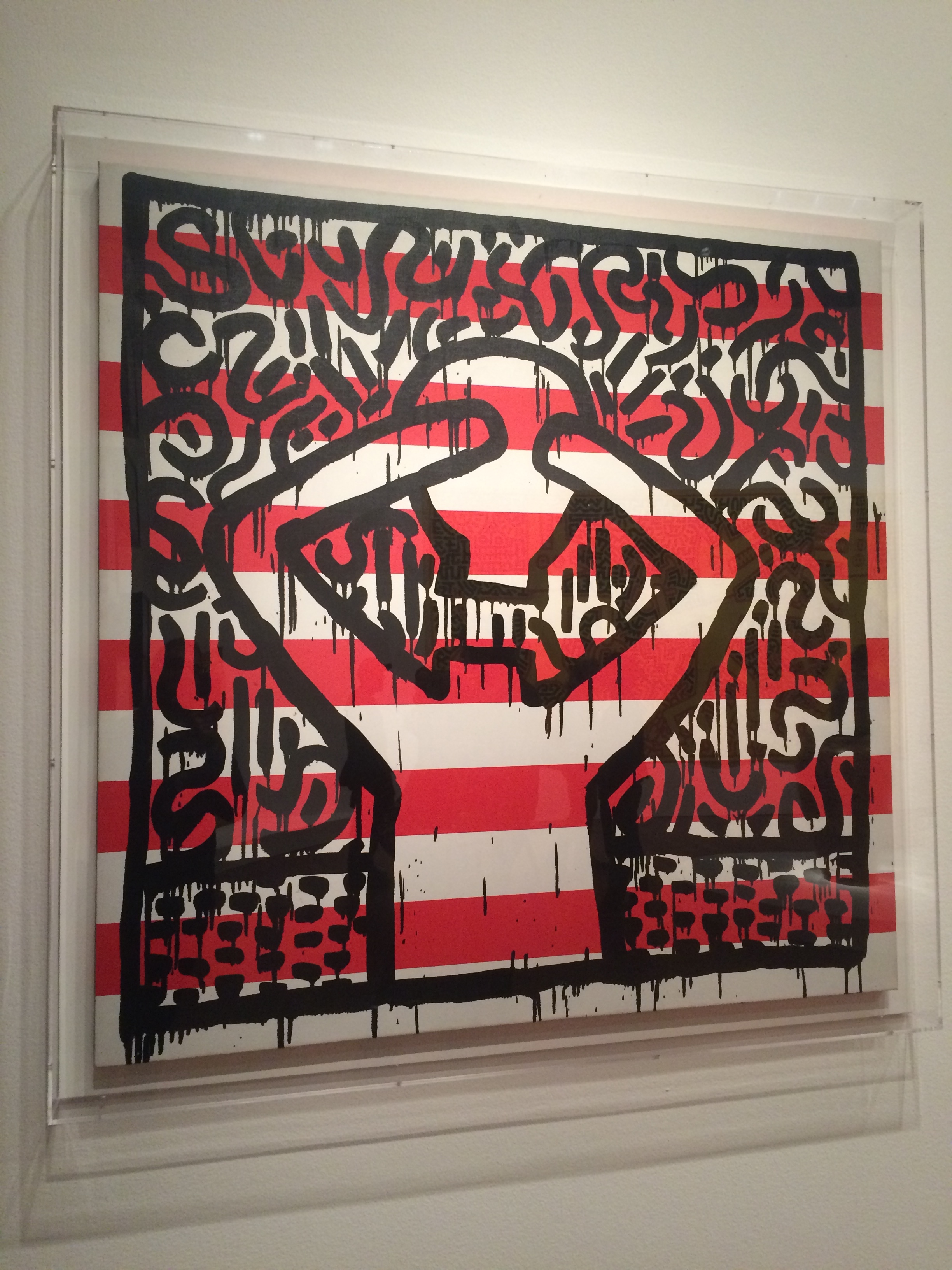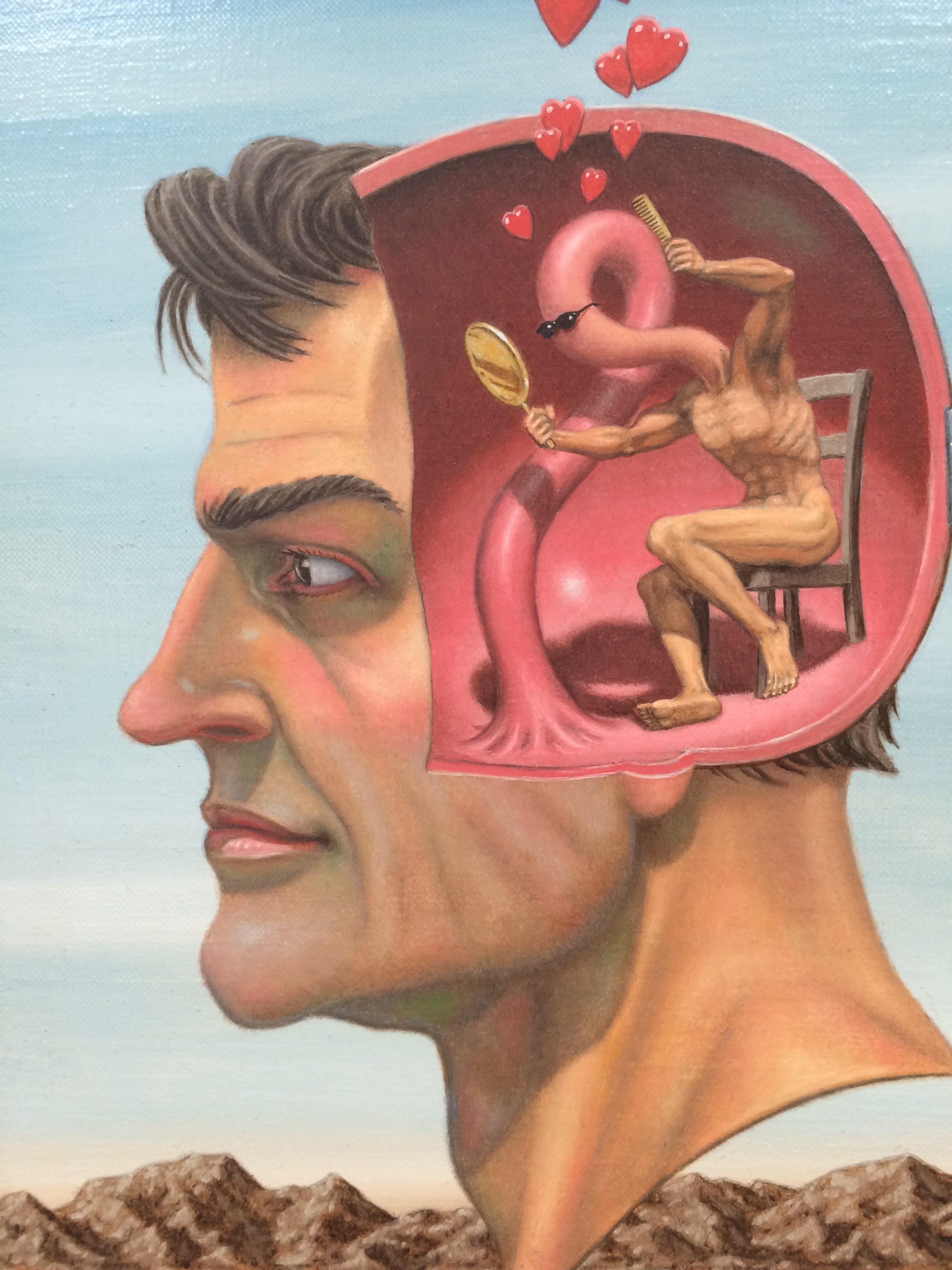(Michael Specter, who has written about HIV/AIDS for more than 30 years, wrote yet another eloquent piece in The New Yorker on-line, on March 11, 2016, following Hillary Clinton’s praise–and then apology–for praising Nancy Reagan for “bringing HIV/AIDS to the world’s attention”, when in fact the Reagans did exactly the opposite. I have re-printed Specter’s powerful piece on my blog “Radical Correspondence” because he I cannot express my thoughts better than he has on this matter.)
It will take somebody with more psychiatric sophistication than me to figure out how Hillary Clinton could have come to praise Ronald and Nancy Reagan, as she initially did earlier today, for having started the American conversation about AIDS “when, before, nobody talked about it.”
President Reagan’s first speech on the subject wasn’t until May 31, 1987. By then, more than twenty-five thousand people, the majority of them gay men, had died in the United States. His Administration ridiculed people with AIDS—his spokesman, Larry Speakes, made jokes about them at press conferences—and while I do think it rude to speak ill of the dead, particularly on the day of a funeral, this issue cannot be ignored. Mrs. Reagan refused to act in any way in 1985 to help her friend Rock Hudson when he was in Paris dying of AIDS. (Last year, Buzzfeed published documents that make this clear.)
Clinton’s comments caused an outcry and she apologized rapidly, writing, in a statement issued on Twitter, “While the Reagans were strong advocates for stem cell research and finding a cure for Alzheimer’s disease, I misspoke about their record on H.I.V. and AIDS. For that, I’m sorry.” She deserves recognition for that. But her correction, while not nearly as offensive as her earlier comments, was also misguided.
In the nineteen-eighties, I covered the AIDS epidemic and the stem-cell wars for the Washington Post. I do not recall any occasion on which Ronald Reagan said or did anything that could be considered as “strong” advocacy for stem-cell research. One son, Ron, Jr., was in favor of the research and said so at the Democratic National Convention in 2004, the year his father died. That same year, Michael, Reagan’s other son, made a statement about that issue to anti-abortion-rights publications, that nobody ever contradicted: “The media continues to report that the Reagan ‘family’ is in favor of [embryonic] stem cell research, when the truth is that two members of the family have been long time foes of this process of manufacturing human beings—my dad, Ronald Reagan during his lifetime, and I.”
The idea that Ronald Reagan finally did focus on AIDS, if only belatedly, is also a fiction. Reagan was outraged in 1986, when his Surgeon General, C. Everett Koop, one of the great heroes of the AIDS epidemic, issued a report that, as I wrote when Koop died, recommended a program of compulsory sex education in schools and argued that, by the time they reached third grade, children should be taught how to use condoms.
In 1990, when Ryan White died of AIDS, Reagan wrote a letter than ended with the words, “Ryan, my dear young friend, we will see you again.” But that letter really just shows the limits of Reagan’s sympathy. Ryan White was an absolutely delightful Indiana schoolboy who, in the early nineteen-eighties, received a transfusion of H.I.V.-infected blood. So he was an “innocent” AIDS victim, unlike the gay men Reagan did not like to mention. It is no coincidence that Reagan would feel comfortable singling White out to honor, nor is it by chance that the single biggest piece of H.I.V. legislation ever enacted in the United States is called the Ryan White Act. If the boy had happened to be a gay teen-ager, does anyone think Ronald Reagan would have written that letter? (I want to stress that this is not meant in any way to diminish the courage of Ryan White, whom I knew and wrote about more than thirty years ago. He was a wonderful person. It wasn’t his fault that he happened to be a straight white teen-ager from the Midwest, rather than a gay man from San Francisco.)
In the end, as Clinton wrote, Nancy Reagan was indeed “strong” on stem-cell research and on Alzheimer’s disease. Her conversion came when her husband plunged into the darkness of the disease. She was desperate, and would have done anything for him. It was a deeply admirable stance, and rare in her conservative world. Millions of other people, however, would surely have benefitted from that kind of support—had she offered it when her husband was capable of doing something to help alleviate so much suffering.
(About Michael Specter:
Michael Specter has been a staff writer at The New Yorker since 1998, and has written frequently about AIDS, T.B., and malaria in the developing world, as well as about agricultural biotechnology, avian influenza, the world’s diminishing freshwater resources, and synthetic biology.)







